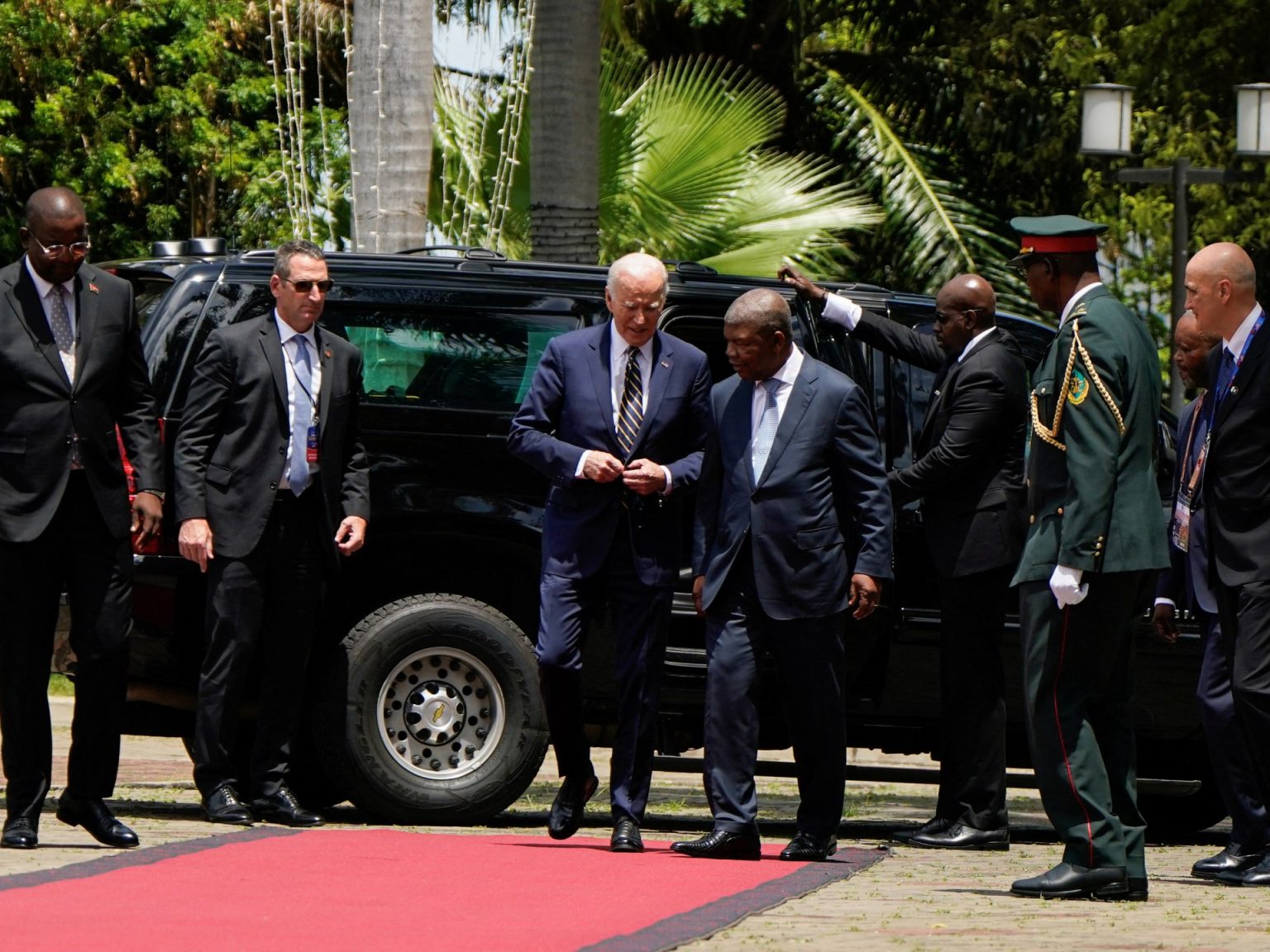In a historic and groundbreaking visit, President Joe Biden made a trip to Angola, marking the first time a sitting U.S. president has visited the African nation. This visit underscores the Biden administration’s commitment to strengthening relationships with African countries and enhancing diplomatic ties across the continent. Angola, rich in resources and strategic geopolitical significance, is seen as a vital partner in various areas including trade, security, and issues related to democracy and governance.
During his visit, President Biden engaged with Angolan President João Lourenço to discuss numerous bilateral issues, including trade partnerships, health care collaborations, and educational exchanges. The discussions emphasized the need for economic diversification in Angola beyond oil, aiming to create more opportunities for investment in sectors like agriculture, renewable energy, and technology. Biden’s administration expressed support for Angola’s efforts to strengthen its political and economic framework, which is crucial for sustainable development and regional stability in Southern Africa.
The U.S. president also highlighted the importance of combating corruption and promoting good governance, aligning with the interests of many African nations seeking to improve their political landscape. Angola has faced various challenges in governance and economic management, and Biden’s visit aimed to encourage reforms and foster a democratic environment that not only benefits Angola but also strengthens U.S.-Africa relations. This visit comes as part of a broader U.S. strategy to engage with African nations in a respectful and cooperative manner, acknowledging their sovereignty while promoting shared values.
In addition to political discussions, President Biden’s itinerary included meetings with civil society organizations, focusing on issues like human rights and the empowerment of youth and women. His engagement with local groups was a significant step towards understanding the grassroots challenges facing Angolans, reflecting a more nuanced approach to foreign policy that prioritizes people-to-people connections. Biden’s administration recognizes that inclusive governance is vital for sustainable development, and the incorporation of civil society voices is critical in shaping effective policies.
The visit was also significant in the context of global geopolitics, especially regarding China’s increasing influence in Africa. By strengthening ties with Angola, the U.S. aims to counterbalance China’s economic footprint on the continent, promoting a model of engagement based on mutual respect and partnership. Biden’s administration is focused on building alliances that foster democratic governance and economic opportunities, setting a different tone compared to previous administrations that may have taken a more transactional approach.
In conclusion, President Biden’s visit to Angola is a pivotal moment in U.S.-Africa relations, signaling a renewed commitment to diplomatic engagement and cooperative development. By addressing key issues such as economic diversification, governance, and human rights, the Biden administration is working to lay the foundation for a strategic partnership that benefits both the United States and Angola. This historic trip serves as a potential turning point in the relationship, paving the way for future collaborations that can lead to transformative changes in Angola and beyond.

